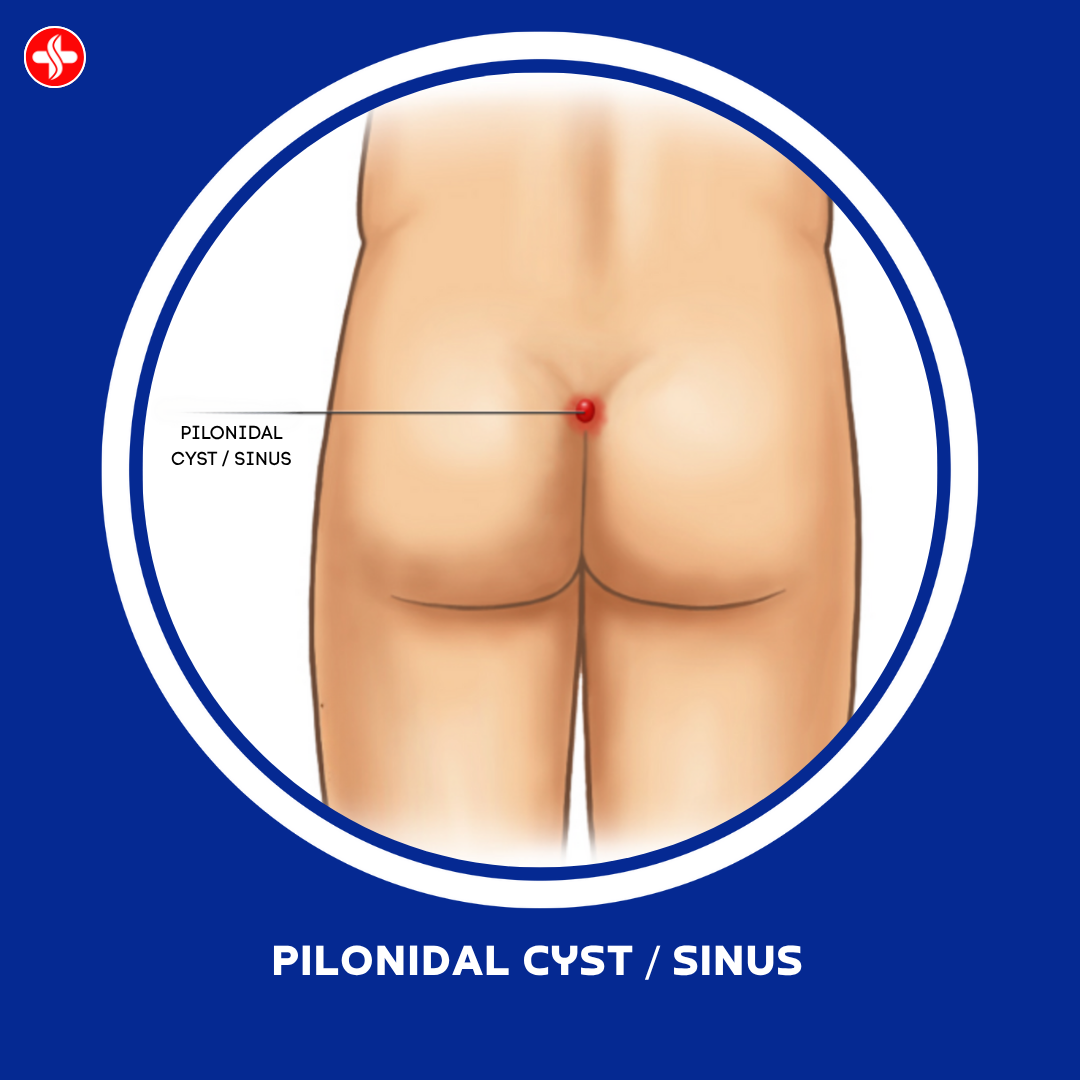Introduction:
Liver abscess is a serious medical condition that can have significant implications for an individual’s health. In this blog post, we will delve into the causes, symptoms, and treatment options for liver abscess, shedding light on this potentially life-threatening condition.
What is a Liver Abscess ?
A liver abscess is a pus-filled cavity within the liver that can develop due to various infections. It is a relatively rare condition but requires prompt medical attention when diagnosed. The two main types of liver abscess are:
- Pyogenic Liver Abscess:
- This type is typically caused by bacterial infections, with the bacteria often reaching the liver through the bloodstream or from an infection in the abdominal area.
- Amoebic Liver Abscess:
- Amoebic liver abscess is caused by the parasite Entamoeba histolytica. This type is more common in regions with poor sanitation and hygiene.
Causes of Liver Abscess:
Pyogenic Liver Abscess:
- Bacterial infection in the abdomen, such as appendicitis or diverticulitis.
- Infection spreading through the bloodstream from other parts of the body.
- Recent abdominal surgery.
- Biliary tract infections.
Amoebic Liver Abscess:
- Ingestion of contaminated food or water.
- Poor sanitation and hygiene practices.
Symptoms of Liver Abscess:
- Abdominal Pain:
- Pain in the upper right side of the abdomen is a common symptom.
- Fever and Chills:
- Patients may experience fever and chills as the body responds to the infection.
- Jaundice:
- Yellowing of the skin and eyes due to impaired liver function.
- Unexplained Weight Loss:
- Rapid weight loss without apparent cause.
- Nausea and Vomiting:
- Feeling nauseous and vomiting may occur.
- Changes in Stool Color:
- Dark-colored urine and light-colored stools may be observed.
Diagnosis and Treatment:
- Diagnostic Tests:
- Blood tests, including liver function tests.
- Imaging studies such as ultrasound, CT scans, or MRI to visualize the liver.
- Aspiration of the abscess for laboratory analysis.
- Medical Treatment:
- Antibiotics are prescribed to treat bacterial infections.
- Antiparasitic medications for amoebic liver abscess.
- Pain management medications.
- Drainage Procedures:
- Large abscesses may require drainage to remove pus and reduce pressure on the liver.
- Drainage may be done through needle aspiration or catheter placement.
- Hospitalization:
- Severe cases or complications may require hospitalization for close monitoring and intravenous treatment.
Prevention:
- Hygiene Practices:
- Practice good hygiene, especially handwashing, to prevent amoebic infections.
- Prompt Treatment of Infections:
- Timely treatment of infections in the abdominal region to prevent the spread to the liver.
- Vaccination:
- In some cases, vaccination against certain infections may be recommended.
Conclusion:
Liver abscess is a serious condition that demands swift medical intervention. Recognizing the symptoms, understanding the causes, and seeking prompt medical attention can significantly improve the prognosis. As with many health conditions, prevention through good hygiene practices and addressing infections promptly is key. If you suspect you or someone you know may have a liver abscess, consult a healthcare professional for a comprehensive evaluation and appropriate treatment.




